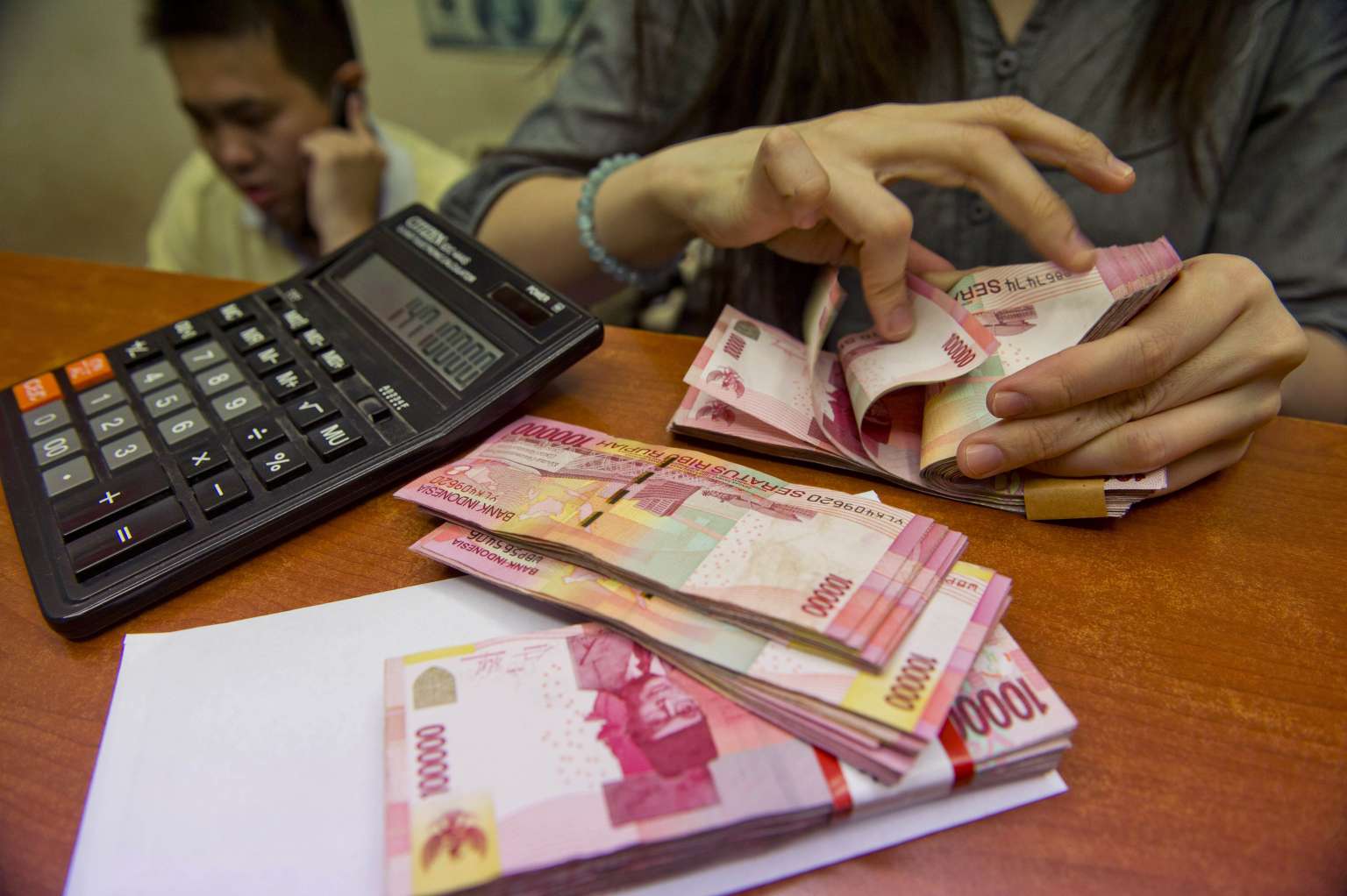Indonesia's parliament approves 2016 budget, deficit at 2.15% of GDP
Sign up now: Get insights on Asia's fast-moving developments

Indonesia's parliament on Friday (Oct 30) approved the 2016 state budget with a deficit of 273.2 trillion rupiah (S$28 billion), or 2.15 per cent of gross domestic product (GDP).
PHOTO: AFP
Follow topic:
JAKARTA (REUTERS) - Indonesia's parliament on Friday (Oct 30) approved a US$153 billion (S$214 billion) budget for next year with a deficit of 2.15 per cent of gross domestic product as spending outpaces tax collection.
Some lawmakers opposed the budget, concerned that the government had once again set an unrealistically high tax target for Southeast Asia's largest economy.
After taking account of this year's official shortfall of nearly US$11 billion, the tax target next year is 15 per cent higher than this year. The World Bank in July projected a shorfall twice the amount of that official outlook.
"It doesn't make sense that next year's tax collection should be higher than this year," said Wilgo Zainar, a member of parliamentary budget committee from Gerindra.
In the first nine months of this year, the tax office managed to collect only a little over half of its target.
The 2016 budget calls for 1,822.5 trillion rupiah (S$186 billion) in revenue, an increase of around 3.5 per cent from 2015 target. "The target is still high. Looking at the structure of the 2016 budget, we believe the tax target is challenging," Mandiri Sekuritas said in a note.
However, Finance Minister Bambang Brodjonegoro called the budget "more realistic" and the target "achievable", given that the government plans a tax amnesty and an incentive for firms to revalue assets, which he said should bump up collection.
The approved revenue target was smaller than the one the government proposed in August, Brodjonegoro said, reflecting softer economic assumptions, including a GDP growth target of 5.3 per cent compared with 5.5 per cent in initial proposal.
The 2016 budget allocated 2,095.7 trillion rupiah for government expenditure, of which 9 per cent will go to subsidies and 37 per cent to local governments.
There were no details for capital spending, but Brodjonegoro has promised better disbursement.
Government projects, including infrastructure, typically start in the second quarter. As of September, the government had spent only 28 per cent of this year's planned capital expenditure after a slow start.
The finance ministry has asked other government institutions to speed up tenders to make sure projects start early.
It is currently looking for as much as 20 trillion rupiah in financing to help cover early expenses for those projects, which should start in January, not in April or May, Brodjonegoro said.

